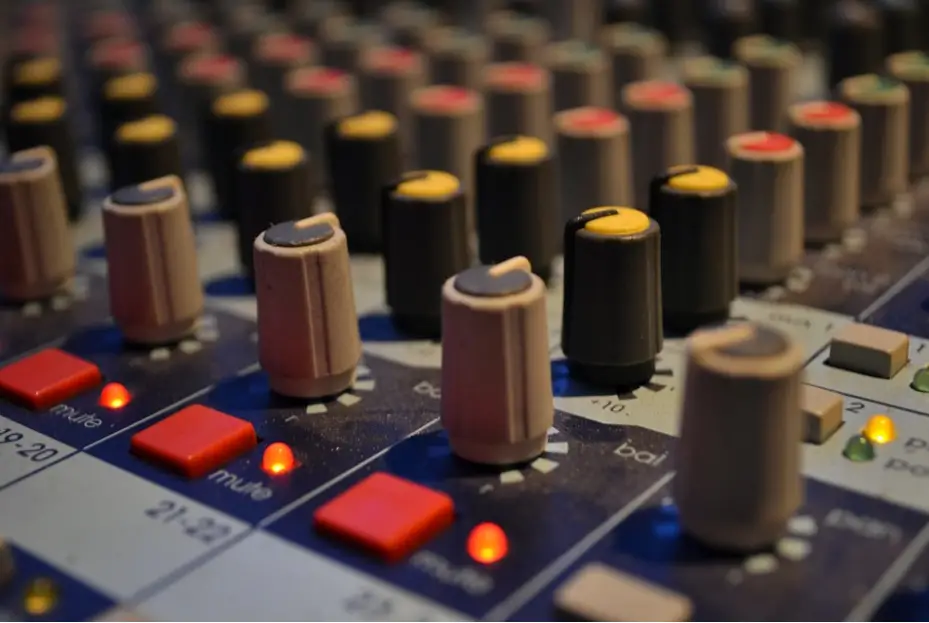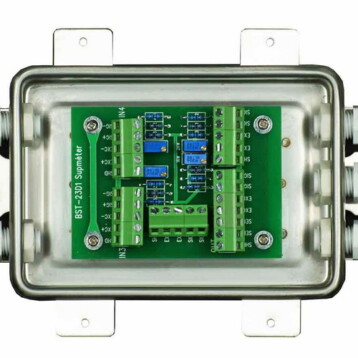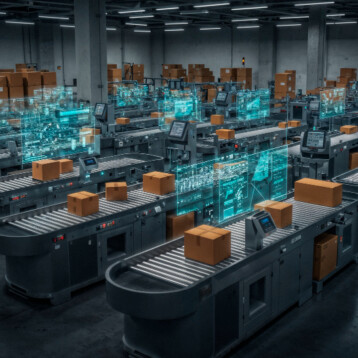
In today’s tech-advanced world, it is very easy to get confused when buying almost anything. This is usually the case when you are dazed by endless reviews, features, specs, trends and technologies that characterize every shopping experience.
It becomes even worse when buying music gear because this hustle and bustle can quickly get you into a state of gear acquisition syndrome (GAS). This happens when you make a music gear purchase based on the feelings of dissatisfaction, desire, and indecision but only to regret it later.
It could be that you are dissatisfied with your current music gear or you just want to record your own music for the first time. In both situations, you need to do your research thoroughly to ensure that you get good gear without breaking the bank. So, how should you go about it?
Should you buy new or used?

The decision on whether to buy new or used music gear is what faces many musicians today. Actually, there is no problem with buying either of them as long as you do it after making careful considerations. Used music gear is more affordable, and unlike items like cars whose value depreciate over time, music gear retains its value for years.
Some vintage music gears have been around for over a century like some 1950s electric guitars by Gibson and Fender that continue to command sky-high prices. You will even find that used music gear has developed their own sonic character with time and since it has been real-world tested, it doesn’t have to be babied like the new ones.
Well, buying used gear does not necessarily mean buying vintage but ordinary few-year-olds that may lack the original box but looks like it has been loved and well taken care of. Furthermore, it makes sense to buy them given that tech has not changed them much in over half of a century except for the software, controllers, and synths.
While used music gear is good, there is no harm in buying the latest gear since they are friendlier and easy to play on. With this gear, you don’t need to struggle to get sounds for Hip Hop, Orchestral, Country, DnB and so on.
Modern tech-powered music gear is especially quieter, sound better and reliable. You may also want to go with emerging trends like the multi-color finishes, mini-tubes, solid state amps and alternate woods that new guitars now have.
Have you done your research?
Technology is highly influencing the kind of music gear that musicians buy today. Gearing up for recording only requires a computer, an instrument, microphone and audio interface plus a few extras like studio monitor speakers/headphones and MIDI controllers.
While things may seem simple, you will need to ensure that you get the best of each gear. The choice will depend on the price, ease of use and performance which are influenced highly by the technology that they use.
For instance, if you look at expert midi controller reviews from MusicAuthority, you will realize that the affordable MIDI controllers that are packed with handy and useful features are rated highly compared to their more expensive, not-easy-to-use and learn counterparts.
So, do you want to create amazing music recording or podcast? You will need to choose the best microphone, headphone and audio interface and not just rely on your computer built-in gear with low specs and few features.
Breaking it down, the choice of an audio interface will depend on your budget, the sound quality that you need, the inputs that you need and the device connectivity that you are using. These are what make the difference between and a Behringer U-PHORIA UMC202HD 2×2 USB Audio Interface and an Apogee Element 88 Thunderbolt Audio Interface.
What do you want your studio to become?
The kind of music gear that you buy should match what you intend to achieve in terms of your studio. So, do you just want a no-studio music making, a kind of demo studio or a home MIDI-electronic studio?
The effort should be directly proportional to what you intend to come up with because you do not want to buy music gear that is fit for a pro or project studio when you only want to set up a songwriting studio. In this way, you will not risk making an expensive blunder and also bring in music gear that you might never use.
What about budget gear?
If you ask around, the most common answer that you will get on budget gear is that you get at least a 90% value of the right gear if you use it well. It is even possible to get more with today’s advancing tech which has made the quality line between pro gear and home gear thinner.
You might need to avoid budget gear if you want to make a truly professional production because a good sound quality will require excellent preamps, mics, monitors, converters, and studio. However, you can still win more hearts if you focus on great music than a professionally polished music turd.
Have you read the return policy?
With a myriad of music gear available and the confusion brought by many features, it is possible to get the wrong software that is incompatible with your PC. Input/output disasters are also common and so are instances where you buy two gears that perform the same function as a computer sequencer and a multi-track recorder.
It is therefore good to read the return policy and see what it covers and what it doesn’t plus the associated risks.
It is true that buying music gear especially for the first time is not easy. However, if you know the sound that you perceive to come out of the speakers, it becomes very easy to determine what kind of music gear will bring out just that. Beware of marketing gimmicks that are common with some manufacturers who sell inexpensive gear but with a lot of hidden costs.










